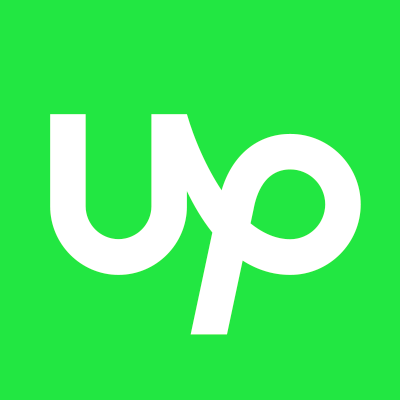The freelance economy is on the rise, especially in countries such as the U.S. This week we are taking a look at the most comprehensive survey of the U.S. independent workforce commissioned by Upwork and the Freelancers Union called “Freelancing in America”.
“People are increasingly building flexible careers on their own terms, based on their passions, desired lifestyle and access to a much broader pool of opportunities than ever before in history”, explains Stephane Kasriel, CEO of Upwork. As a result, both freelancing and job hopping continue to grow as they seem to be going hand in hand.
Yet freelancing remains hard to define. In the video below, Forbes contributor Jacob Morgan sheds light on what the freelance economy is about and who the different types of freelancers are.
According to the second annual “Freelancing in America” study, 1 in 3 U.S. workers are now freelancing which represents 53.7 million Americans. Among those, 60% started freelancing by choice and half of them would not quit freelancing for traditional employment even if it paid more. Such key findings give specialist platforms for freelancers such as Upwork, Viadeo Freelance or Viadeo Let’s Meet a promising future.
What are some other insights revealed by the “Freelancing in America” survey?
- Freelancing pays more: 23% of workers quit their job to freelance and 60% of freelancers who left traditional employment now earn more.
- Freelance work is found online: while freelance workers rank personal and professional contacts as their top, online sources follow close behind with 51% of freelancers getting a project online.
- Freelancing ensures flexibility: freedom is what motivates workers to freelance.
Oftentimes, freelancing changes people’s lives. Freelance software and app developer Fred Talmadge explains: “Professionally, I learn more every day by working on different types of projects of my choosing as a freelancer, and it keeps things fresh. Personally, I like my independence and can set my own schedule. I take my daughter to school and take time off when I want. When I was still at my traditional job, I dreamt of working on my own, and freelancing online has provided me that opportunity. I do not have any intentions to go back to a traditional job.”
Similarly, marketing professional Angela Irizarry prefers the freedom of freelancing and has declined full-time job offers as a result. “Freelancing is such an incredible journey for me, both personally and professionally”, she testifies. “I get to work with some of the most talented individuals I’ve ever known, and have clients around the world. I’m also earning multiples more than I would be doing similar work in a traditional job.”
- Freelancers feel positive about the future of freelancing: 83% of freelancers believe the best days are ahead for freelancing, over one third report increased demand for their services and 84% of millennial freelancers would recommend freelancing.
“Freelancers are pioneering a new approach to work and life – one that prioritizes family, friends and life experiences over the 9-5 rat race”, points out Sara Horowitz, Freelancers Union Founder and Executive Director. “This study shows that the flexibility and opportunity associated with freelancing is increasingly appealing and that is why we’ve seen such dramatic growth in the number of people choosing to freelance.”
Curious to hear your thoughts and comments about this topic. What is your personal experience with freelancing as a recruiter, job seeker, professional?
Author: Chloé Delolme
« Jobsite Want to Expand Their Candidate Search

